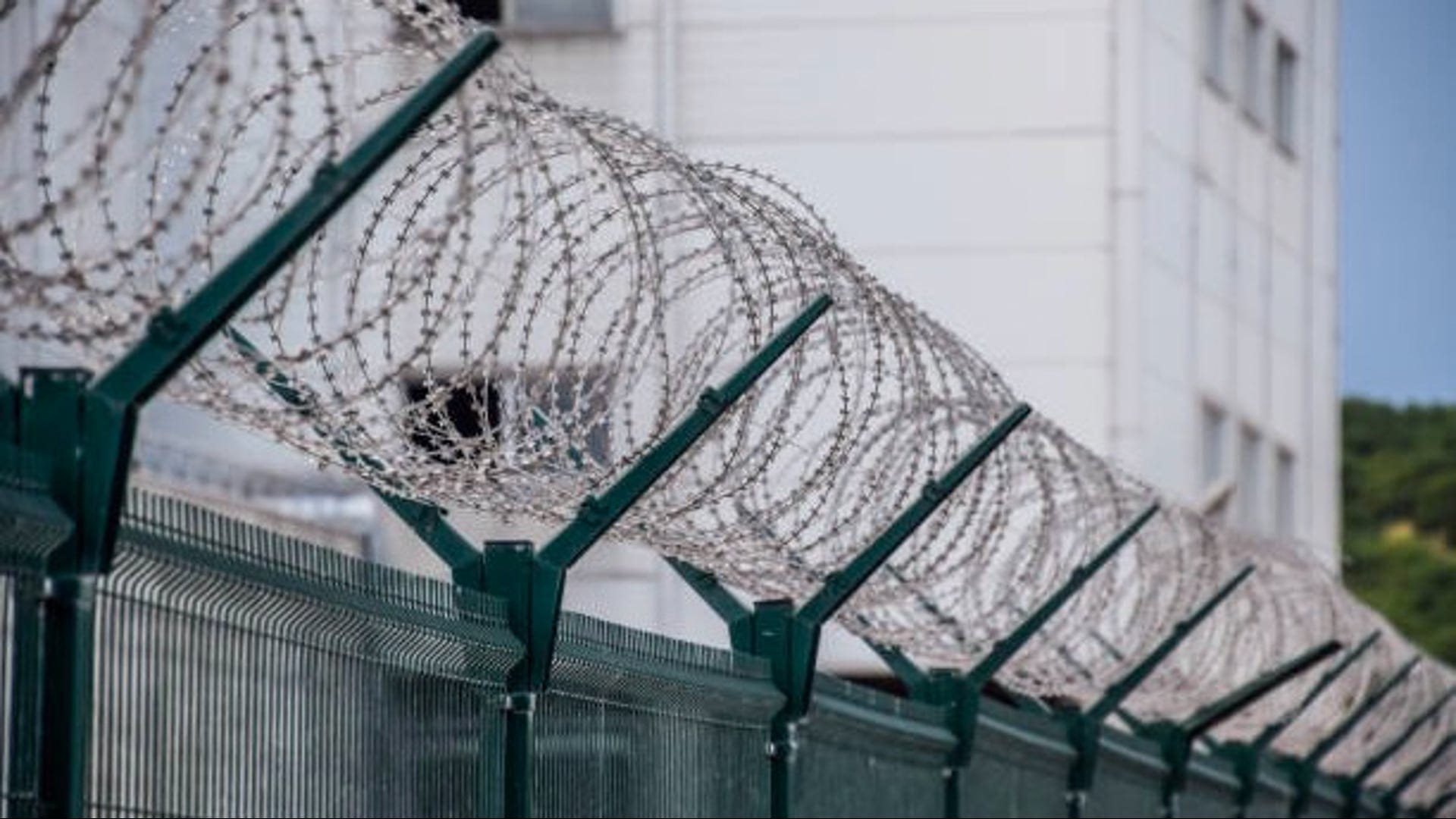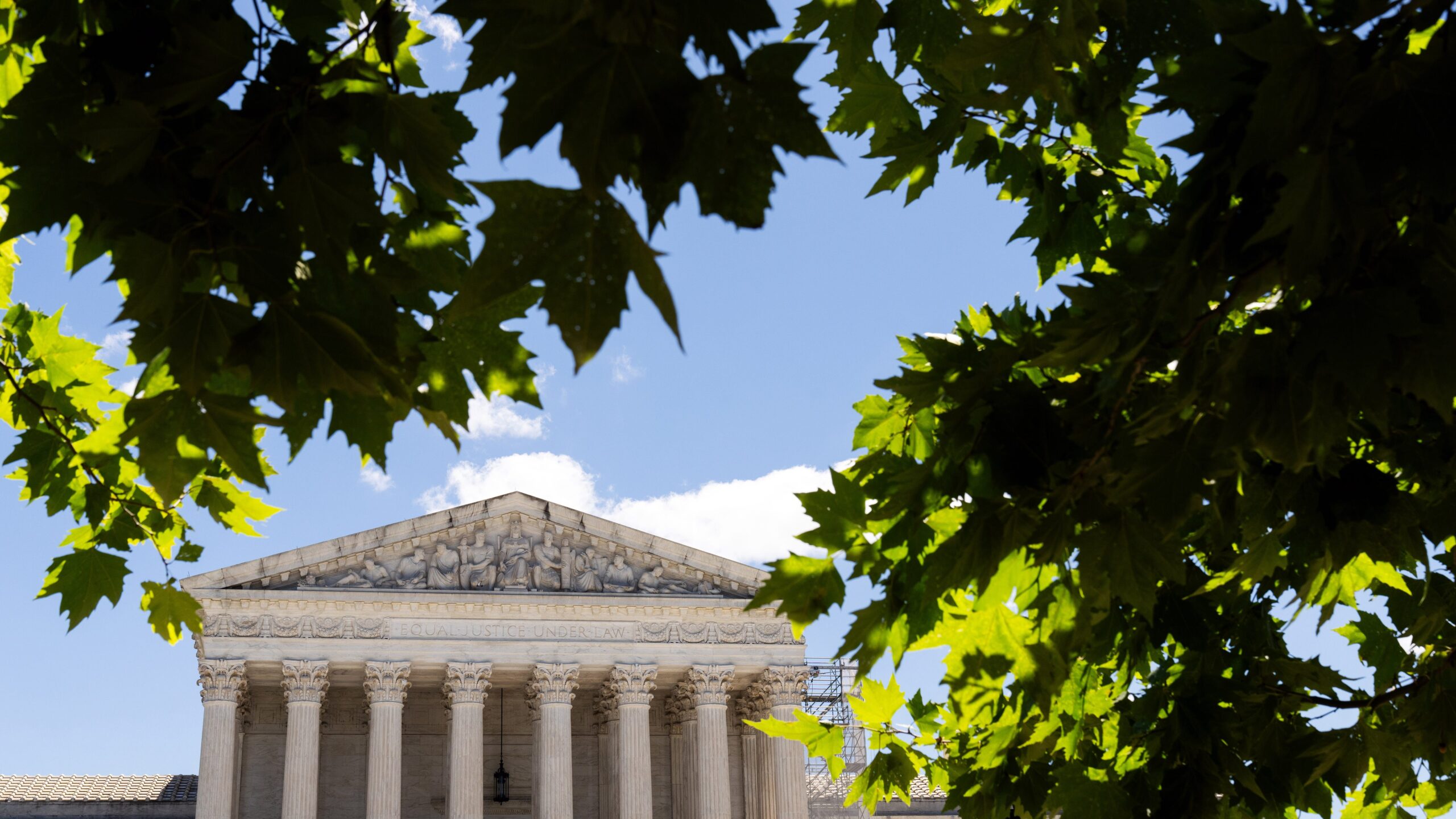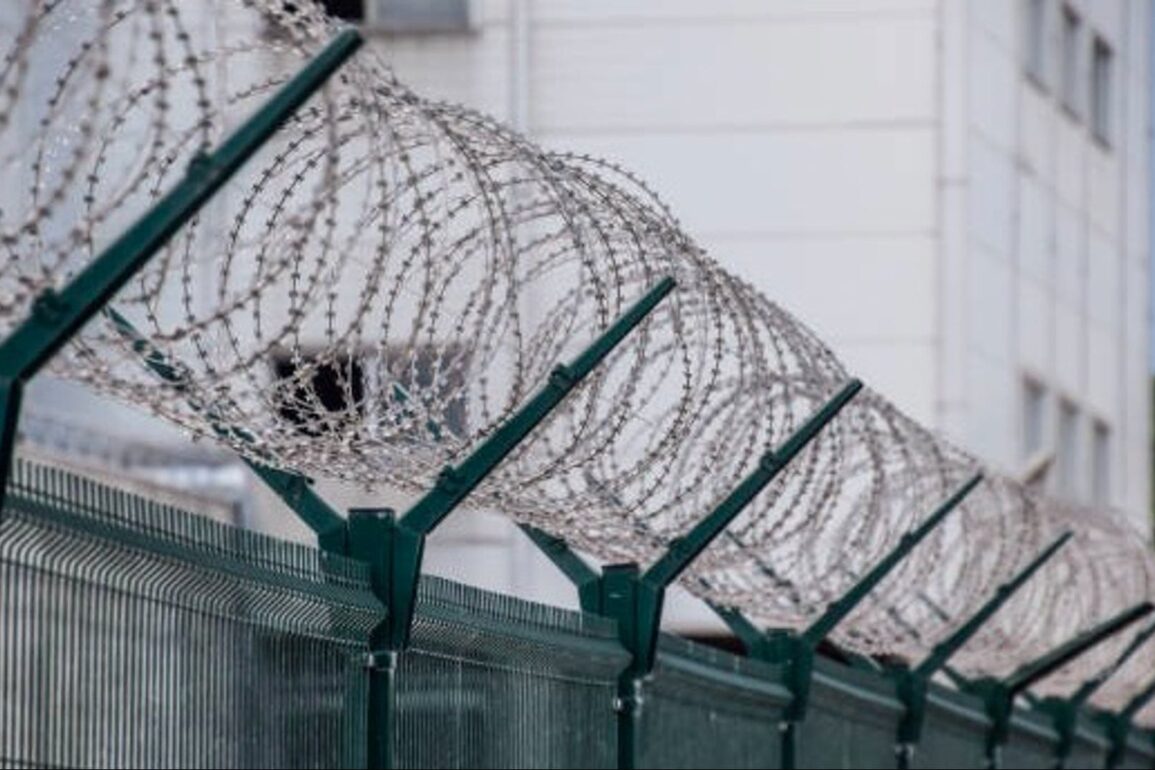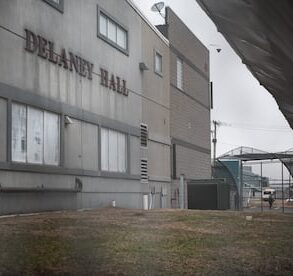A lower court had ruled that dreadlocks grown for religious reasons should be accommodated. But an intake guard threw that ruling in the trash, handcuffed the prisoner to a chair and shaved him.

Supreme Court takes on Rastafarian inmate’s rights abuse case
The Supreme Court has agreed to decide whether prison officials can be sued for violating an inmate’s religious rights after forcibly shaving his dreadlocks.
unbranded – Newsworthy
WASHINGTON – The Supreme Court said it will decide whether prison officials can be sued for violating the religious rights of an inmate in a 2020 case involving a Rastafarian whose dreadlocks were forcibly shaved by Louisiana prison guards.
The dreadlocks Damon Landor had been growing for nearly two decades were supposed to be protected by a 2000 law related to the religious rights of prisoners.
Landor had shown prison officials a copy of a court ruling that dreadlocks grown for religious reasons should be accommodated. But an intake guard threw the ruling in the trash and Landor was handcuffed to a chair while his knee-length locks were shaved off.
The state condemns what happened to Landor “in the strongest possible terms,” officials wrote in a filing that emphasized that the Louisiana Department of Corrections and Public Safety has amended its grooming policy to prevent a repeat of Landor’s ordeal.
But Louisiana contends that federal law doesn’t allow Landor to hold correction officials personally liable for having his dreadlocks cut off.
Otherwise, the state’s attorneys wrote, there would be “numerous unintended consequences,” including making it even more difficult to staff jails and prisons.
Landor – whose appeal was backed by more than 30 religious groups and the Justice Department − argues that monetary damages are often the only way to hold prison officials accountable when religious rights are violated.
“It is often damages or nothing,” his lawyers told the Supreme Court in asking for intervention.
The Justice Department agreed, saying the Supreme Court should take Landor’s case because the issue is “undeniably important” and “recurs with some frequency.”
Federal law bans unnecessary religious restrictions
Many inmates who try to defend their rights are released or transferred by the time their claim is heard – when it’s then dismissed as no longer relevant, according to religious groups that filed briefs supporting Landor.
“Unburdened by the threat of damages, prisons have little incentive to improve their policies and protect prisoners from future abuse,” lawyers for groups representing Christians, Muslims, Jews and Sikhs told the Supreme Court.
Landor was supposed to be protected by the Religious Land Use and Institutionalized Persons Act, passed unanimously by Congress in 2000 to prevent state and local prisons from placing arbitrary or unnecessary restrictions on religious practices.
Twenty years after enactment, the Justice Department said in a 2020 report, some institutions continue to impose substantial burdens without showing they’re necessary.
Since the law was passed, the government has conducted dozens of investigations and either brought or supported lawsuits against jails and prisons.
Most claims are raised by people practicing a religion other than Christianity, including Jews, Muslims, Sikhs and Native Americans.
Nearly 30% of cases alleging violations in the first five years after the law took effect were brought by Muslims, according to the Tayba Foundation, which supports incarcerated Muslims.
“In state prisons around the country, Muslims are targeted and deprived of basic accommodations for their faith – such as timely meals before and after religious fasts and the ability to pray without interference,” the group told the Supreme Court.

A brief history of the Supreme Court
The Supreme Court has ruled on cases for more than 230 years, but recent decisions have Americans calling the court’s legitimacy into question.
In 2020, the high court ruled that Muslim men who claimed their religious rights were violated for being placed on the government’s no-fly list after refusing to serve as FBI informants could sue the FBI agents for damages.
That case involved a different, though similar, federal law protecting religious expression.
Appeals court judges who were sympathetic to Landor’s case said it’s not their role to say whether the Supreme Court’s 2020 ruling about federal officials should apply to state prison workers.
“Landor clearly suffered a grave legal wrong,” wrote Judge Edith Brown Clement in an opinion joined by eight other judges on the New Orleans-based 5th U.S. Circuit Court of Appeals. “The question is whether a damages remedy is available to him under RLUIPA. That is a question only the Supreme Court can answer.”
This post was originally published on this site be sure to check out more of their content.









